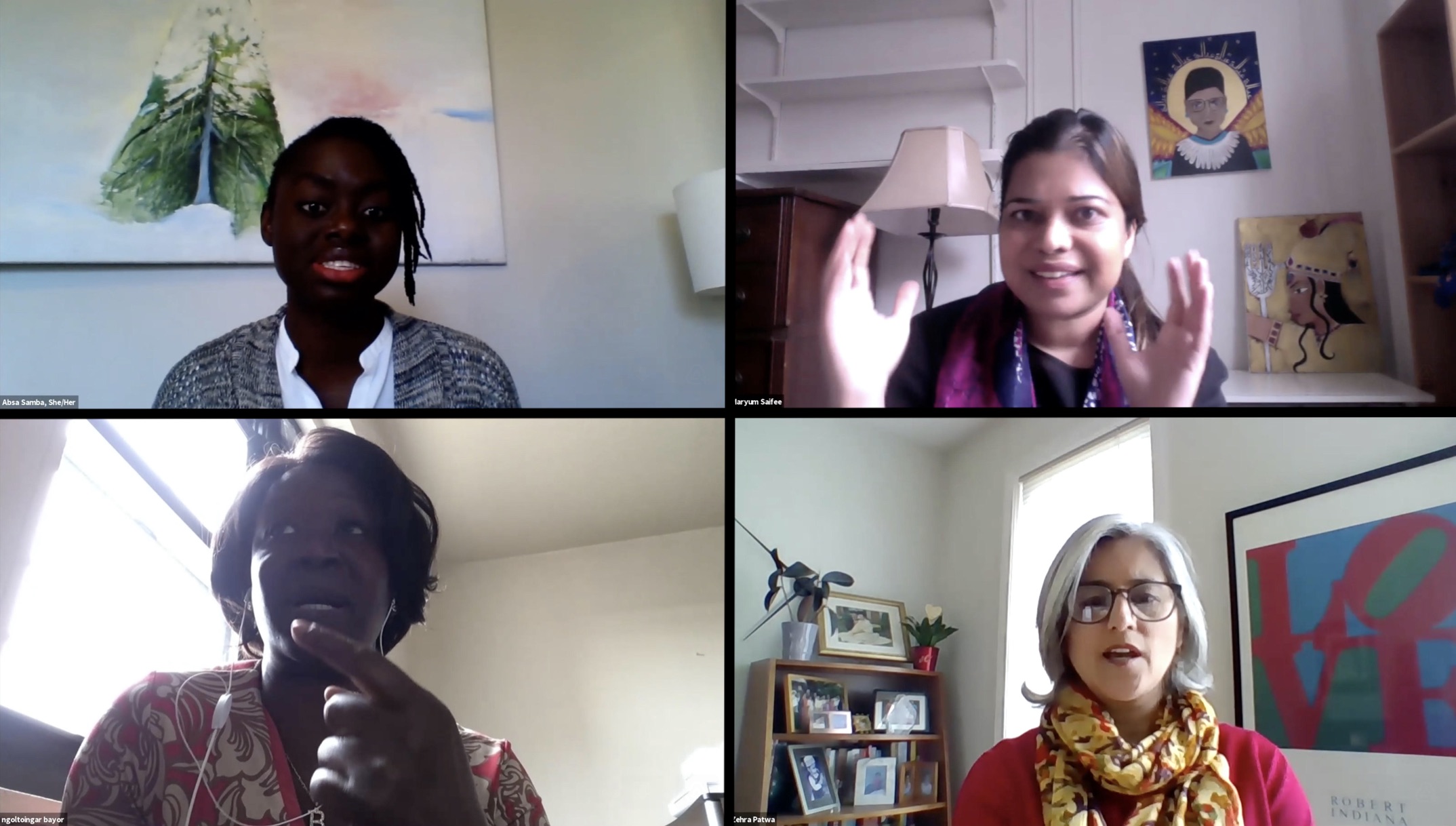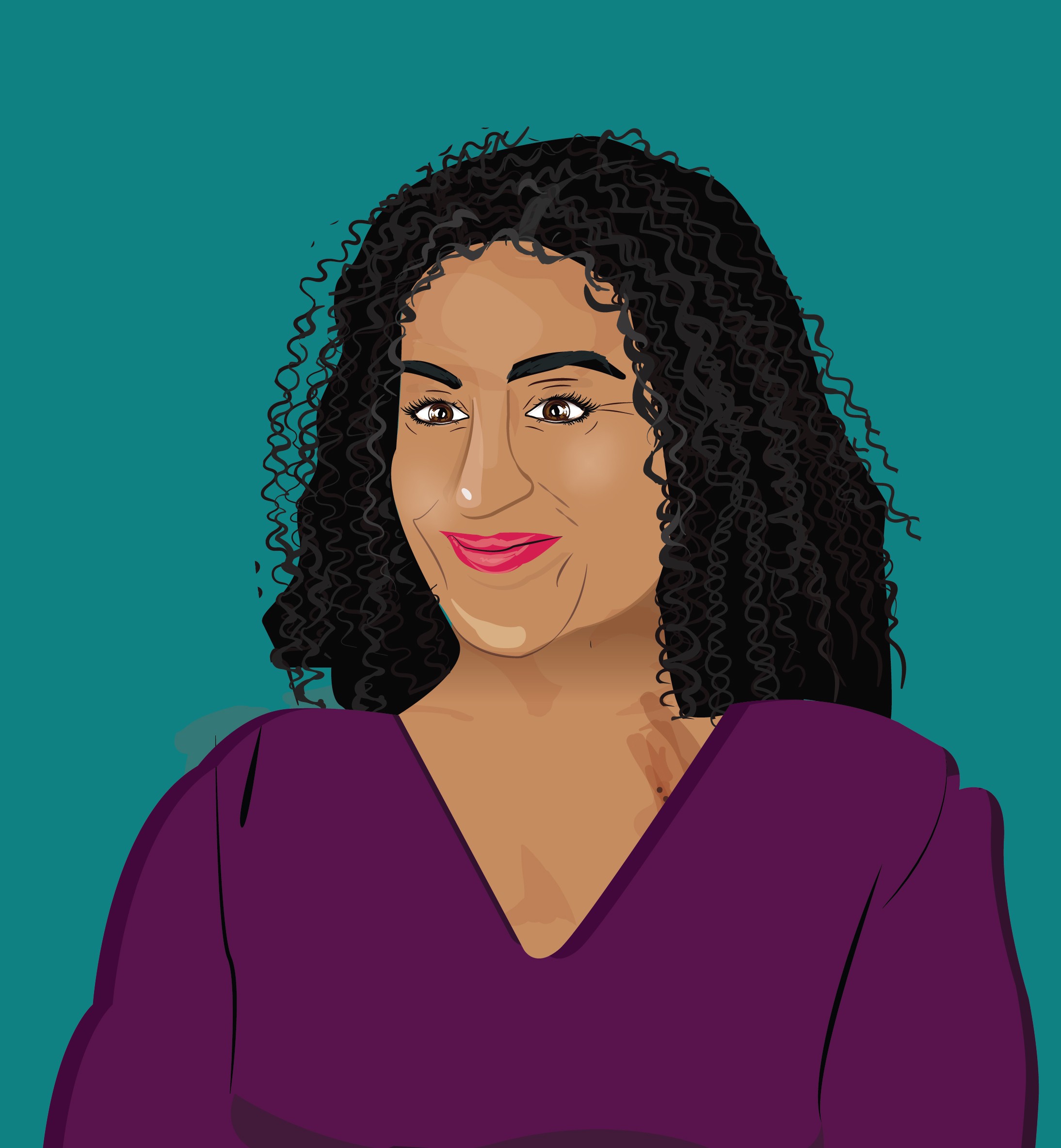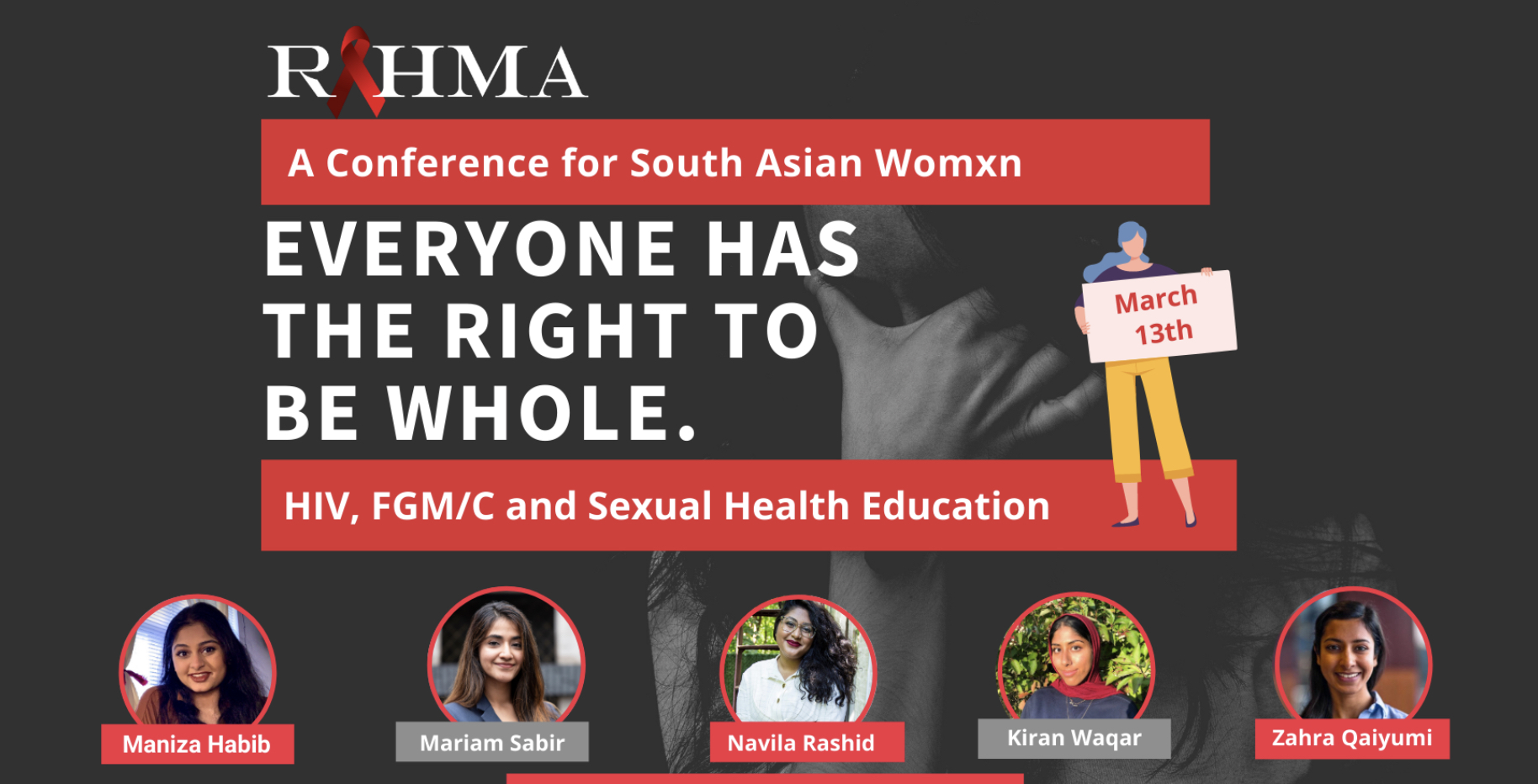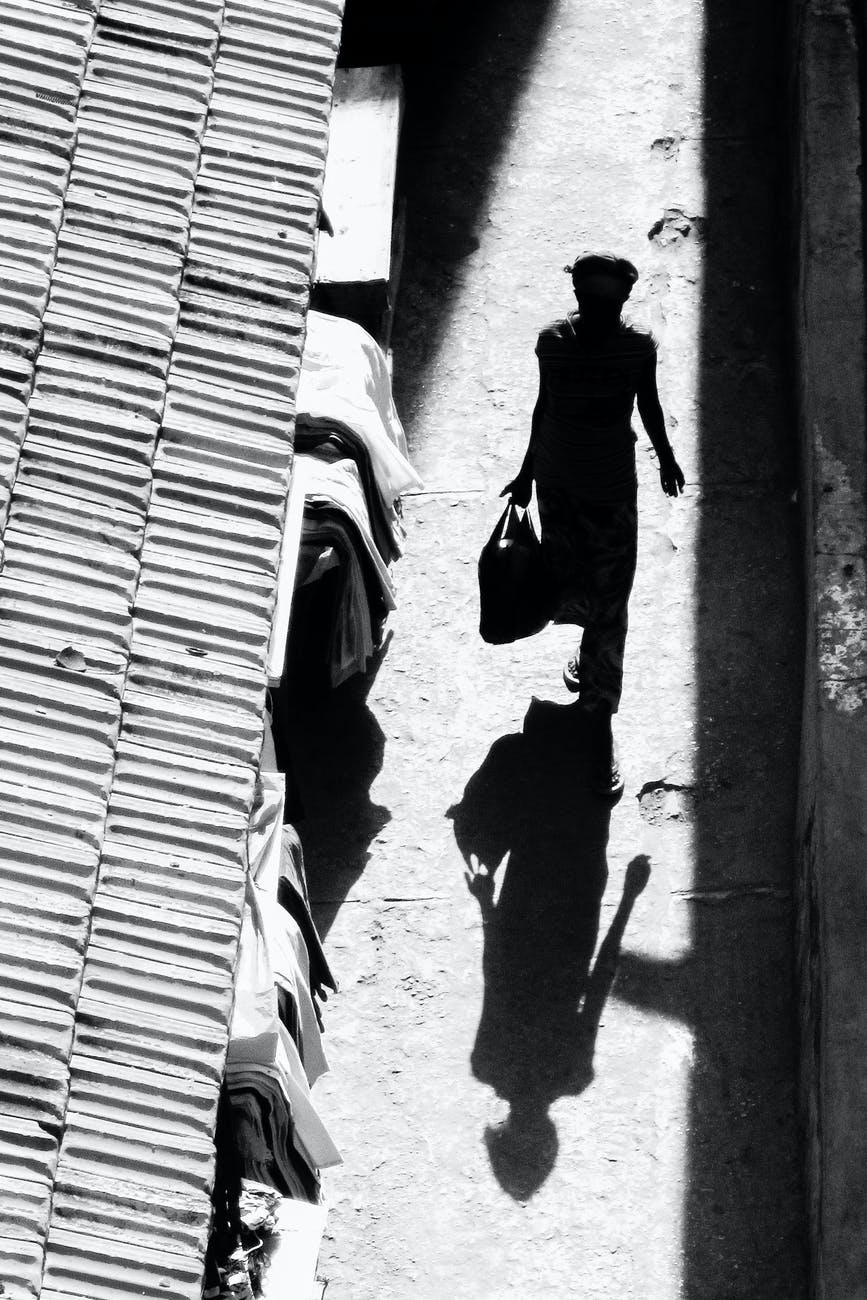By Megan Maxwell
The movement to end female genital cutting (FGC) has been in effect starting as far back as the latter half of the 19th century through the voices, writing, and research of women who have worked for the rights of women and girls. FGC is present in 92 countries. In honor of Women’s History Month, Sahiyo is honoring four women from Egypt, India, Senegal, and Austria who changed the world for women and girls.
Nawal El Saadawi & her brutal honesty
Nawal El Saadawi, a doctor, feminist and writer, who was born in a community outside of Cairo, Egypt, was a survivor of FGC. She campaigned against FGC and for the rights of women and girls throughout her life. She started by speaking out against her family’s preconceived notions about the trajectory of a girl’s life and then used her voice to condemn FGC and women’s rights abuses through her books.
She wrote many books including The Hidden Face of Eve, a powerful account of brutality against women, and saw women live those realities detailed in the book within the communities in which she worked as a medical doctor. She was a crusader but her work was banned. She was imprisoned and suffered death threats. Through her work, she championed for the rights of girls and women globally for decades. She died on March 21st at 89 years old.
Rehana Ghadially & All for Izzat
In 1991, Rehana Ghadially wrote an article entitled All for Izzat in which she examined the prevalence of female genital cutting and its justification. For this article, she interviewed about 50 Bohra women and found the three most common reasons given for FGC: it is a religious obligation; it is a tradition; and it is done to curb a girl’s sexuality.
Through these interviews, Ghadially revealed that the procedure of FGC was anything but symbolic. “The girl’s circumcision has been kept an absolute secret not only from outsiders but from the men of the community,” she said.
Ghadially experienced FGC when she was very young. Her research allowed her to share with the world the reality of what Bohra girls and women go through as a result of FGC.
Ndéye Maguette Diop & the Malicounda Bambara community
The community of Malicounda Bambara in Senegal, West Africa, was substantially influenced by the Community Empowerment Program (CEP): a program established by Tostan that engages communities in their languages on themes of democracy, human rights (including female genital cutting), health, literacy, and project management skills. In July of 1997, the CEP empowered the women of Malicounda Bambara to announce the first-ever public declaration to abandon female genital cutting to the world. Ndéye Maguette Diop was the facilitator for the CEP in Malicounda Bambara. She guided them through the program, which is designed to not pass judgment on the practice, but simply to provide information regarding FGC and its health risks.
Diop used theater, a traditional mode of African communication and arts, as a means to better facilitate the exchange of ideas. “The women didn’t have any knowledge of these rights beforehand and had never spoken of FGC between themselves,” Diop said. As the result of reenacting a play, these women started to talk about FGC frequently with Diop and she said they “decided to speak about the harmful consequences on women’s health caused by the practice with their ‘adoptive sisters’ [a component of the CEP], as well as with their husbands.”
Thanks to Diop, the conversation on FGC was opened up to the women of Malicounda Bambara. They took it upon themselves to investigate within their community until they concluded that the practice should be abandoned.
Fran Hosken & her ideas of global sisterhood
In 1975, Fran Hosken began writing her newsletter, Women’s International Network News where she reported on the status of women and women’s rights around the globe. The tagline for her newsletter was, “All the news that is fit to print by, for & about women,” and it featured regular sections on Women and Development, Women and Health, Women and Violence, and Female Genital Mutilation (FGM). Every issue of her newsletter had a section on FGM, including names and addresses for her subscribers to get more information on activities surrounding FGC around the world. Hosken was an American feminist and writer, but she was very involved in the livelihoods of women and girls around the globe.
Her newsletter became popular for its research into female genital cutting and she ended up writing The Hosken Report: Genital and Sexual Mutilation of Females in 1979. In her book, she reports on the health facts, history, The World Health Organization’s Seminar in Khartoum, The Politics of FGM: a Conspiracy of Silence, Actions for Change, Statistics, Economic Facts, and case histories from several African and Asian Countries as well as the western world. Fran Hosken’s writing and research were extremely influential in the movement to end female genital cutting and continues to be in the modern movement.





